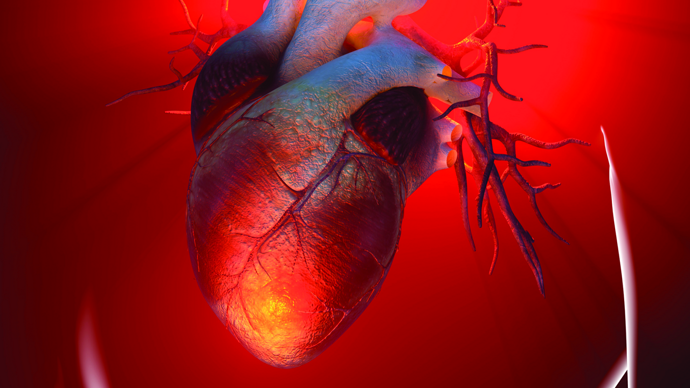

During the past few decades, improvement in cardiac surgery and postoperative care mean that the number of people with congenital heart disease is surviving longer with a better degree of life. Despite this progress of CHD in cardiology, mortality rates in people with the state aged 20 to 70 years or older might be two to seven times greater than in their peers. A congenital heart defect is a difficulty with the anatomical structure of the heart which is the most common type of birth defect. The cardiology defects can involve the valves of the heart, the walls of the heart, and the arteries and veins near the heart. They can interrupt the normal movement of blood through the heart. The bodily fluid flow can slow down, shift in the wrong direction or place, or be obstructed completely. A cardiology surgeon uses a physical test and a special heart examination to analyze congenital heart defects. Bodily activity and maintenance of ideal body weight should be encouraged to congenital heart disease patients.
Aortic valve stenosis
Coarctation of the aorta.
Pulmonary valve stenosis
Ebstein’s anomaly